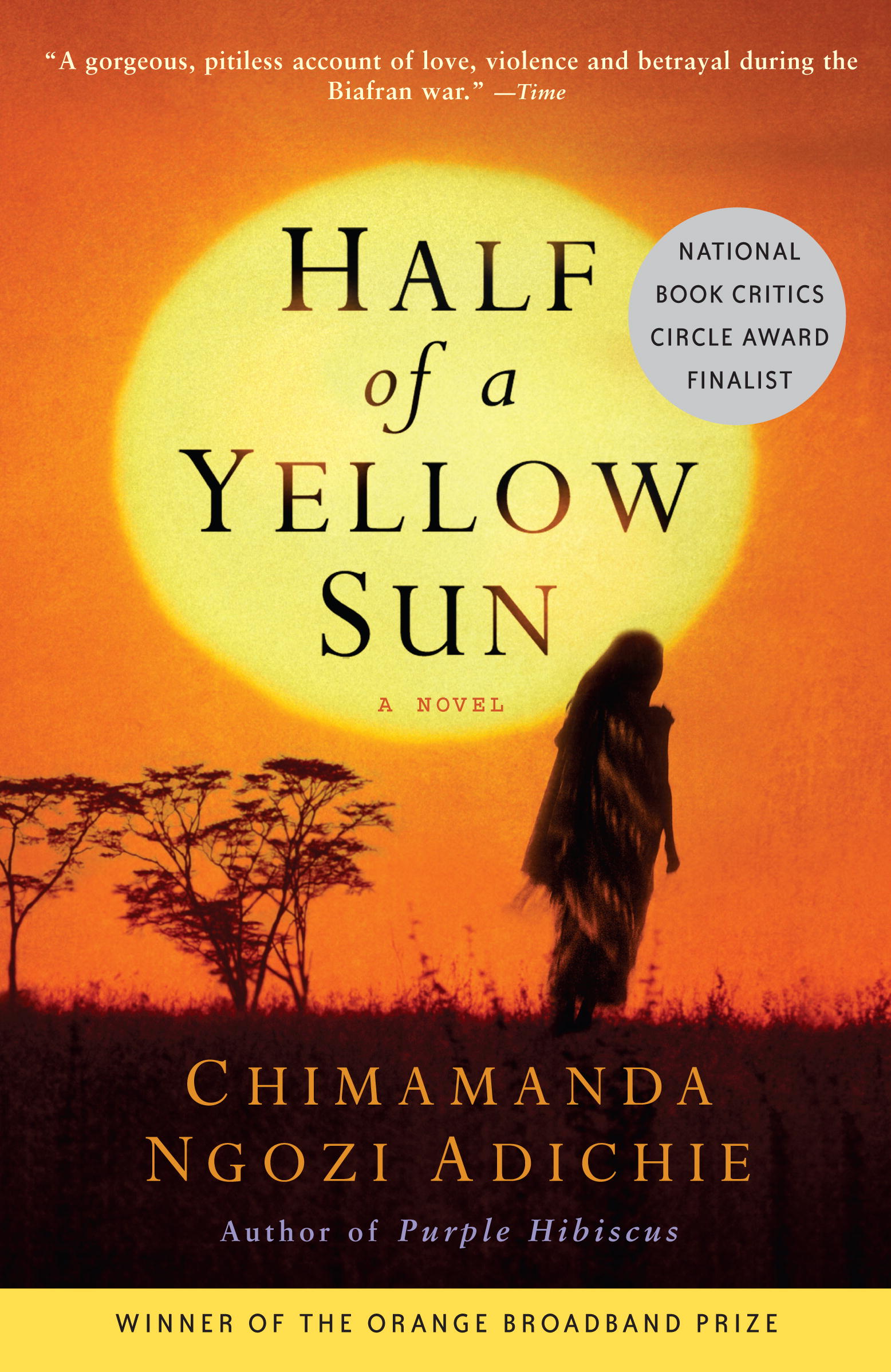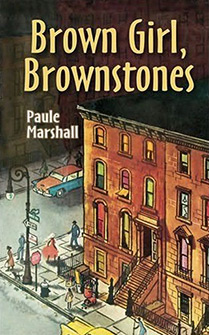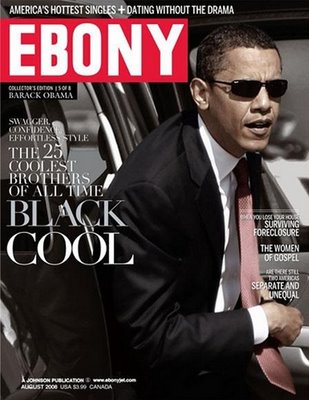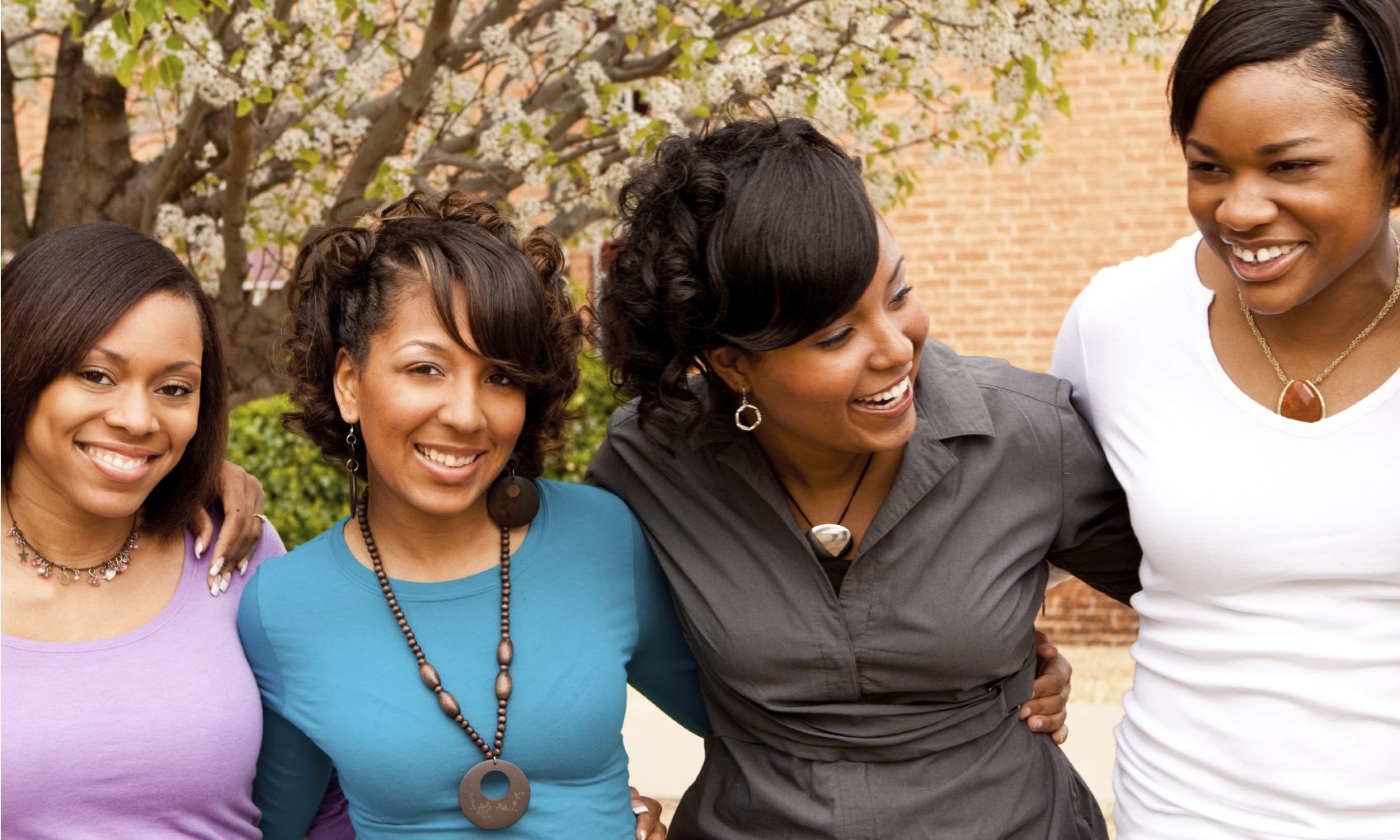It was just another birthday party in the Valley, full of good looking, fairly well dressed black folk and other people of color. I strolled in just as UGK’s International Players Anthem started playing. Over the course of the night, we shared our struggles as black graduate students. I got slight shade for loving Sula more than Beloved, but the professor who didn’t read Toni Morrison at all was promptly read his rights.
Toni Morrison
I escaped the fight to ask Keysha if she wanted to start a fake rap group and assume the identities of 19th century black women who laid the groundwork for black feminist thought. I claimed Ida B. Wells; she Maria W. Stewart, and we both laughed about it like we were gossiping about our ex-es.
Ida B. Wells!
Over the course of the night, we reminisced about other parties just like that one. I finally went home, cold, but happy and energized.
*
It is no secret that I spent much of my graduate career looking for black and other like minded folk to party with. Being a black person in a PhD program is hard. Think about it this way: if 3% of Americans have their PhDs, imagine what percentage of those degree holders are black?
I tried to find the numbers, and couldn’t.
But I know that, all over the country, there are pockets of black folk and other people of color who are steadily working on their PhDs. They may have sacrificed money, time with their families and friends to get an education so that they could properly educate others.
Image from: www.bnyee.org
We may be the odd brown face in a party full of white folk who love to talk about theory and listen to Feist.
Image from: www.afropunk.com
We may be facing students who have never before had a teacher of color. We may know how to read Chaucer in middle English but still have to defend our love for Gloria Naylor. We may receive questions like, “will you have enough to research?” when we tell people that we are studying African American literature. They could not possibly understand that there are whole classes dedicated to Slave Narratives, to African American Literary Movements, to Black Women’s Literature. We know the ‘canon’ like the back of our hand, but study “the others” just as hard.
When we go back home, we may face family and friends who have no idea what we do, or why it’s important. Even our most accessible article or book is too difficult for some folks to understand. We may be isolated in friendships and romantic relationships when those we love tell us that “we didn’t write this article/book for them,” when that text is, in fact, a love letter shrouded in academic language.
We are forced to defend our decision to spend our days with little money and little sleep to teach others about literature, about human nature, about philosophies, about the sciences.
“Will you get a job with that?” everyone asks. “When will you be done?”
Image from: www.everythinggraduation.com
Once we defend our decision to everyone else, once we have navigated the thorny, lonely path to a doctorate, we have, as academics of color, earned the right to find pockets of resistance–spaces where we can listen to trifling music, and grind in dark corners of seedy bars and clubs, all while thinking about feminist and womanist movements. We have earned the right to argue about Toni Morrison or praise James Baldwin over cocktails. We have earned the right to think about Maria W. Stewart and Ida B. Wells while Remy Ma raps, or to bemoan Nicki Minaj while we are wrapped in bandage dresses. Let the men of color sip Hennessey and two step to Dipset.
Where else will we see ourselves reflected? At home, we’re academics. To our fellow colleagues, we’re different because of our race (and sometimes our nationalities). It is in these spaces–the birthday parties, the potlucks, the Tuesday night get togethers–that we can be ourselves without constantly explaining our position to others.
In these spaces, we do not have to talk about race/racism, unless we want to. We do not have to be the political face for all black people.
That mantle of responsibility so carefully handed to us is left with the bouncer. We can laugh or cry about racist and/or sexist actions, or not discuss them at all.
*
When I left the party, my Facebook feed was inundated with news and terrible pictures about blackface for Halloween. Trayvon Martin’s terrible death became a mockery. And a cute little black girl became the target of racism although the only thing she did was wear a t-shirt that said “Black Girls Rock.”
These events only underscored the importance of safe public spaces where I could be around black people who look, act, and think like me. I felt an overwhelming sense of relief to know that there is a community of people to whom I can escape when racists, like zombies, emerge again, and again, and again. Racism just won’t die. And neither can the communities of people who counteract racist thought and actions.
Image from: thyblackman.com
I need my blackademics.
RJD












